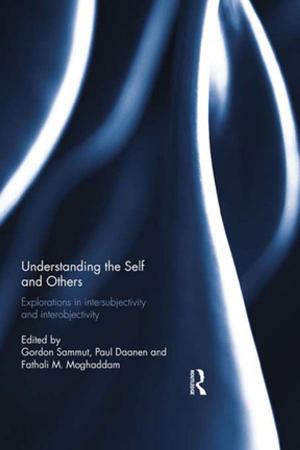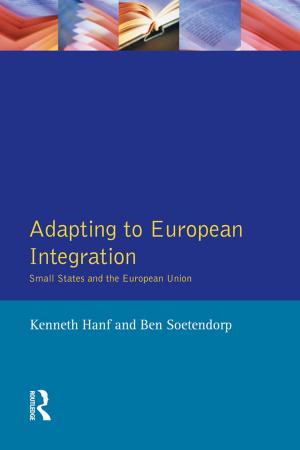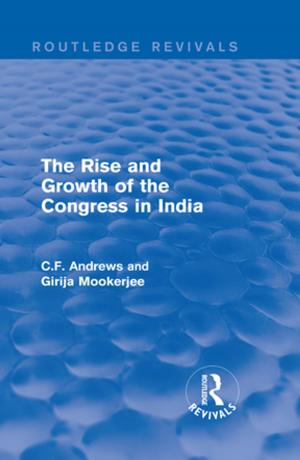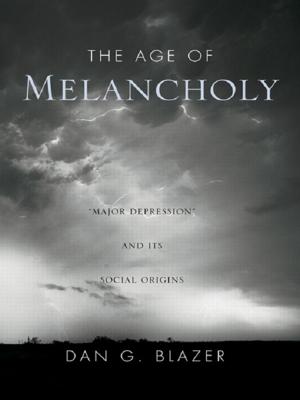Defining Physical Education (Routledge Revivals)
The Social Construction of a School Subject in Postwar Britain
Nonfiction, Reference & Language, Education & Teaching, Teaching, Physical Education, History| Author: | David Kirk | ISBN: | 9781136451867 |
| Publisher: | Taylor and Francis | Publication: | November 12, 2012 |
| Imprint: | Routledge | Language: | English |
| Author: | David Kirk |
| ISBN: | 9781136451867 |
| Publisher: | Taylor and Francis |
| Publication: | November 12, 2012 |
| Imprint: | Routledge |
| Language: | English |
First published in 1992, David Kirk’s book analyses the public debate leading up to the 1987 General Election over the place and purpose of physical education in British schools. By locating this debate in a historical context, specifically in the period following the end of the Second World War, it attempts to illustrate how the meaning of school physical education and its aims, content and pedagogy were contested by a number of vying groups. It stresses the influence of the culture of postwar social reconstruction in shaping these groups’ ideas about physical education. Through this analysis, the book attempts to explain how physical education has been socially constructed during the postwar years and, more specifically, to suggest how the subject came to be used as a symbol of subversive, left wing values in the campaign leading to the 1987 election. In more general terms, the book provides a case study of the social construction of school knowledge.
The book takes an original approach to the question of curriculum change in physical education, building on increasing interest in historical research in the field of curriculum studies. It adopts a social constructionist perspective, arguing that change occurs through the active involvement of competing groups in struggles over limited material and ideological (discursive) resources. It also draws on contemporary developments in social and cultural theory, particularly the concepts of discourse and ideological hegemony, to explain how the meaning of physical education has been constructed, and how particular definitions of the subject have become orthodoxes. The book presents new historical evidence from a period which had previously been neglected by researchers, despite the fact that 1945 marked a watershed in the development of the understanding and teaching of physical education in schools.
First published in 1992, David Kirk’s book analyses the public debate leading up to the 1987 General Election over the place and purpose of physical education in British schools. By locating this debate in a historical context, specifically in the period following the end of the Second World War, it attempts to illustrate how the meaning of school physical education and its aims, content and pedagogy were contested by a number of vying groups. It stresses the influence of the culture of postwar social reconstruction in shaping these groups’ ideas about physical education. Through this analysis, the book attempts to explain how physical education has been socially constructed during the postwar years and, more specifically, to suggest how the subject came to be used as a symbol of subversive, left wing values in the campaign leading to the 1987 election. In more general terms, the book provides a case study of the social construction of school knowledge.
The book takes an original approach to the question of curriculum change in physical education, building on increasing interest in historical research in the field of curriculum studies. It adopts a social constructionist perspective, arguing that change occurs through the active involvement of competing groups in struggles over limited material and ideological (discursive) resources. It also draws on contemporary developments in social and cultural theory, particularly the concepts of discourse and ideological hegemony, to explain how the meaning of physical education has been constructed, and how particular definitions of the subject have become orthodoxes. The book presents new historical evidence from a period which had previously been neglected by researchers, despite the fact that 1945 marked a watershed in the development of the understanding and teaching of physical education in schools.















